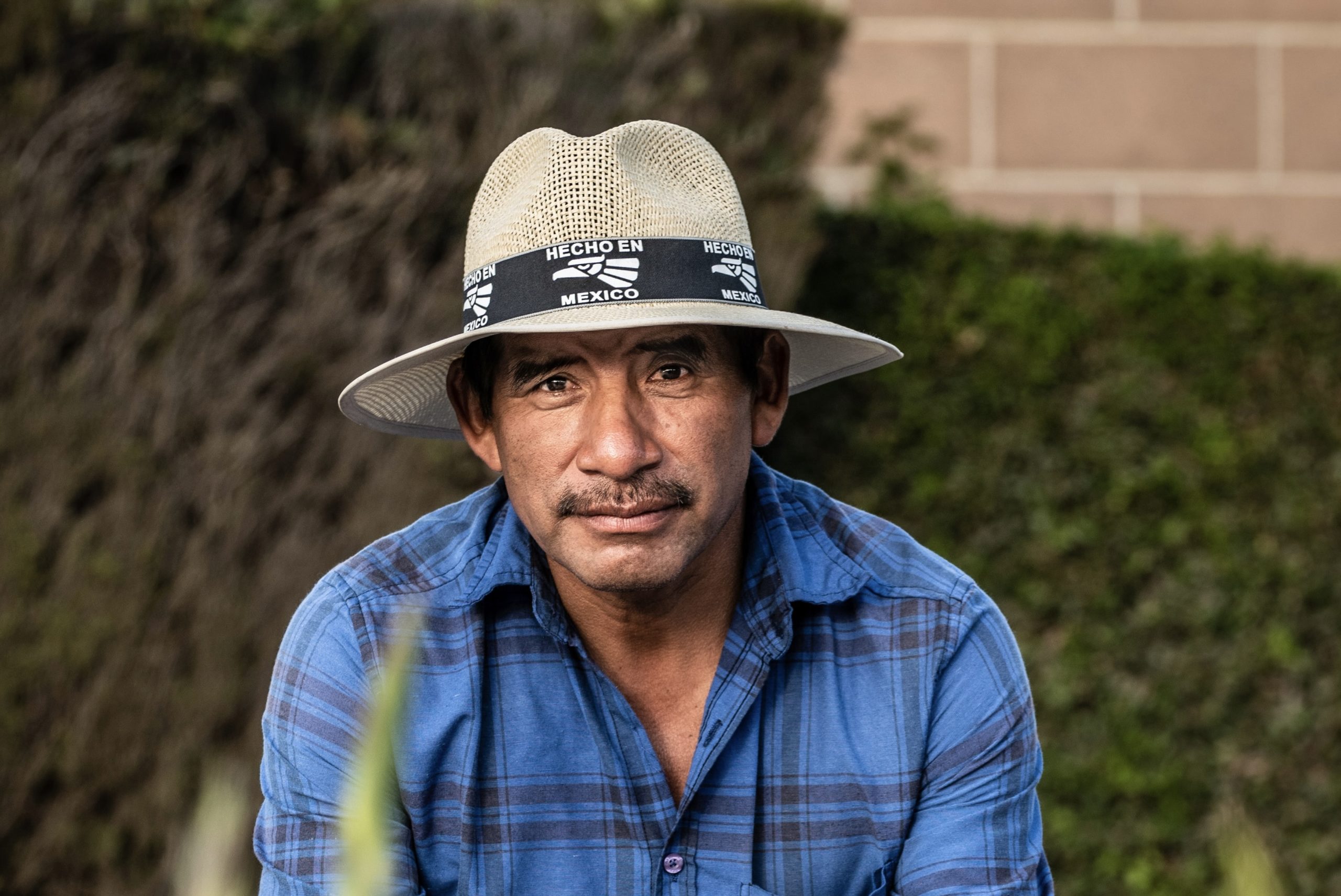Adelaide Edinam Nyanyo was a 2020-2021 Young Scholar Awards Program recipient. She is a graduate of Calvin University.
Since 2007, illegal mining operations locally known as “galamsey” have ravaged Ghana’s forests and bodies of water. A report by the World Resource Institute shows that Ghana is losing its forests at a 60% rate, faster than any country in the world. Today, illegal mining is one of the largest causes of forest destruction in Ghana. Relatively small-scale mining has existed in Ghana long before an influx of over 50,0000 Chinese immigrants moved to Ghana in 2007 to work in the mining industry. However, the Chinese immigrants introduced new equipment that mechanised extraction and increased the yield—which has only exacerbated the problem.
Despite many alleged efforts by the government to fight illegal mining operations, the story of galamsey is one of resilience. Galamsey is thriving because of the lucrative market for gold. The illegal mining operations account for close to 60% of Ghana’s gold production and exports. Furthermore, it serves as a source of livelihood for over 200,000 people and their families. These benefits—bragging rights as the top producer of gold in Africa (beating South Africa in 2019), and a source of food for thousands of households—make the problem complex to solve both politically and socially.
On top of this, the negative effects of galamsey are not equal. Cocoa farms in particular have bore the brunt of the harmful effects of deforestation. Illegal mining operations near cocao farmlands have caused mercury and other toxic chemicals used in the galamsey operation to pollute the surrounding bodies of water. The poison infects the cocoa farmlands and renders them unproductive. And even more concerning and devastating, fetal malformations linked to cyanide and other chemicals used in galamsey operations have increased in the North Western region of Ghana.
The disconnect between politicians in the distant Accra, the capital city of Ghana, and what is actually happening is upsetting. They give concessions to the illegal miners, but the local people are the ones who suffer the consequences. Urgency to resolve the situation is blurred for the politicians because of the economic profits from illegal mining.
The new infrastructure the Chinese immigrants brought is not the only cause for blame for the mass destruction to the forest and bodies of water. There is a Ghanaian proverb that translates, “If you get bitten by an insect, the insect must be in your clothes.” In other words, a person’s woes are often caused by those closest to them. The Chinese miners do not succeed in their efforts without the cooperation of the local people and government officials.
There is often a blame-game for who is complicit in this destruction of Ghana’s forests. Ask a politician who is destroying forests, and he points to the local people. Ask a local person, and he points to the government. In an interview with cultural and political leaders in a mining community, the leaders revealed, although local people clear forests for various needs, the Chinese and their operations account for 80% of the total forest destruction in their region. Local leaders feel unsupported by government officials in the fight against galamsey. On the other hand, the paramount chief of the Ashanti kingdom revealed at the Regional Consultative Dialogue on Small Scale Mining earlier this year that 30% of local chiefs are also complicit in conniving with galamsey perpetrators.
Addressing the galamsey crisis requires a complex set of tools. One such tool is indigenous identity and pride. Indigenous people (the predominant tribes in the Ghanaian geographic areas, after whom the regions of the country are named) have deep roots in the lands. Interviews with local chiefs show that resources were managed in the past using traditional rules that emphasised divine characteristics of natural resources. Such traditional approaches to natural resources need to be revived to manage natural resources because they are sacred and provide benefits like rain, temperature regulation, and biodiversity. While mining does boost the Ghanaian economy, this activity will rob future generations of invaluable forests. Ghanaians must tap into their cultural roots and ties, and bond over the fact that whatever is left of the land will be their burden to bear.
Consumerist economies such as India and the United States are among the top three consumers of gold in the world. A decrease in the demand for gold on the global market would make galamsey operations less lucrative for those in the industry. Non-market resources like forests and bodies of water are often undervalued and destroyed, and it is not until they are destroyed that their value becomes realized. After all, if you were to choose between a bar of gold and a 100-year oak tree, which would you pick?



